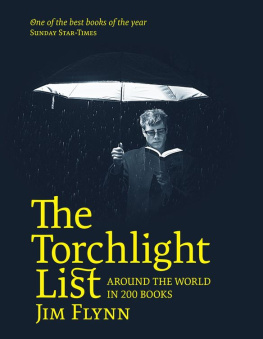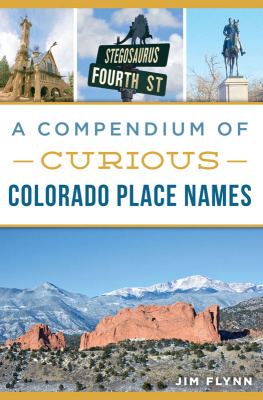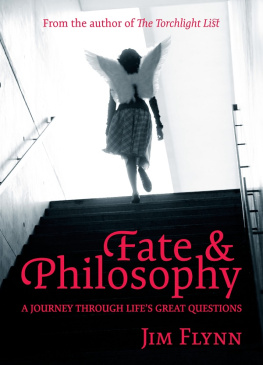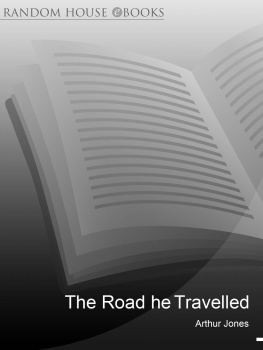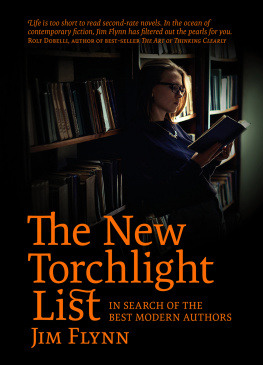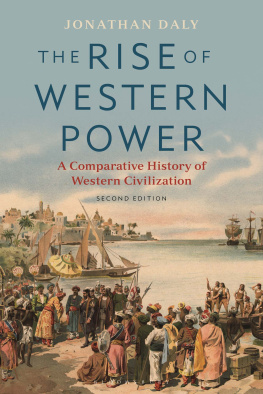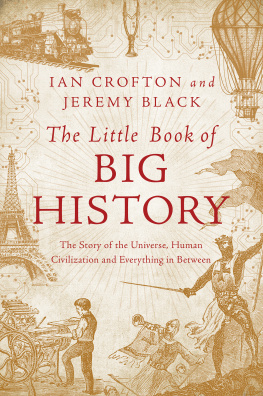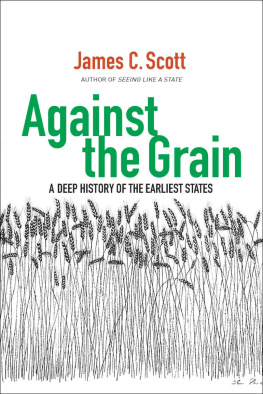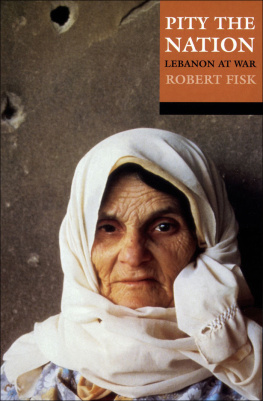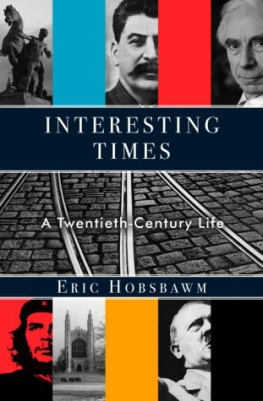You can live in the most democratic country on earth, and if you are lazy, obtuse, or servile within yourself, you are not free
BORN INTO THE MAGIC REALM
My father was Joseph Roy Flynn, born in 1885, one of seven children who survived to maturity. Like most Irish-American families of the day, he and his four brothers all went into factory work between the ages of eleven and fourteen, so none of them got a high-school education. My grandfather was too proud to put his daughters into Anglo-Saxon homes as servants, so Aunt Marie and Aunt Lucy did finish high school.
My fathers first job was in the Rumsey-Sycamore Bed Spring Factory. In 1900, when he was fifteen, the boss put up a sign that said, If this county goes for William Jennings Bryan [the more liberal candidate for President], there will be no work for two weeks. They voted for Bryan and were locked out for two weeks.
In their youth, all seven siblings worked as wandering actors in a troupe that offered playsThe Trials of the Working Girl, Ingomar, the Barbarian, The Hunchback of Notre Damearound small-town Missouri. This was about 1910. However, they advanced to the professions because in those days credentialing was absent, and you could actually better yourself without an irrelevant college degree.
My father and two of his brothers became especially well-educated because, despite lack of formal education, they loved to read. My Uncle Ed read at night on a naval ship in World War I. Family legend has it that he used a torch, or flashlight. These were available by 1911 but it is possible he used a ships lantern. As a result of his reading, he was one of six enlisted men who passed an exam to qualify for officers training. Later he left the navy to become one of the most distinguished real estate entrepreneurs in Washington, D.C. He handled the famous Watergate Apartments where the break-in occurred that eventually led to the downfall of President Richard Nixon. He was the only one of the boys who did not have an alcohol problem, a disease prominent among Irish-American males (read Eugene ONeills Long Days Journey Into Night). Uncle Henry was a distinguished journalist whose life and career were ruined by alcoholism. Uncle Jack became a naval commander who drank himself to death on Guam. I do not know whether Uncle Paul liked to read, although he did work at the Library of Congress.
My own generation, with one exception, has been largely exempt, so alcoholism is not in our genes. (Maybe reading is.) I suspect that since we were all college graduates the struggle to reach our potential was less grim. Perhaps it was just our professions because in the past the military and journalism were staffed by hard-drinking men (there were no women). Journalism was on the fringe of social respectability. The police were corrupt and did not like reporters saying so, which meant there were risks. My fathers teeth on one side of his lower jaw were damaged when a policeman hit him with a blackjack.
My father was a drunk but not an alcoholic. He got drunk most evenings but was always sober the next day for work and was never jailed for public drunkenness. He often went to the police station to bail out his brothers. He was an excellent journalist but was out of work for about six years during the Great Depression of the 1930s. Like so many others, he was rescued by the onset of World War II, when he entered public service as a press-relations expert. Of all the family, he loved reading the most. He became highly educated, with a vocabulary larger than my own. To show off, he would do The New York Times crossword puzzle in ink, just to advertise that he never made mistakes. He loved reading aloud, and when I was four read me all the novels of Charles Dickens. So I was born to reading. It simply never occurred to me not to read for pleasure.
TEENAGERS AND UNIVERSITIES
I have been a university lecturer for fifty-four years, and have taught at the University of Otago for the last forty-four. I have enjoyed my teaching more than I can say. But one thing has troubled me greatly. At universities in both America and New Zealand, universities such as Wisconsin State, Maryland, Cornell, Canterbury and Otago, I have noticed a trend: fewer and fewer students read great works of literature.
This is true even of my brightest students. It was true at Cornell, a university so lite that everyone was a bright student. Ask students what novelist they like the best and you get a blank, or some reference to the author of airport trash. And it is not just students: many of the university professors who are my colleagues no longer read outside the professional literature. Thus, if you read great books, as my Uncle Ed did by torchlight, you will know more than many university professors.
What has happened to young people from my time to this time? In 2008 and 2009 I was at the Russell Sage Foundation in New York City and studied test trends on vocabulary in America. The tests did not include specialized vocabulary, but sampled the vocabulary used in everyday life. Between 1948 and 2006, adults had made huge gains but schoolchildren, including those in their teens, had made very marginal gains. If we assume that the two age groups were similar in 1948, teenagers have fallen far behind: today fewer than nineteen percent of them have a non-specialized vocabulary that overlaps with that of the top fifty percent of their parents. I refer to their active vocabulary, the words they can use when they initiate a conversation. Passive vocabulary refers to the words you can understand when someone else uses them. Here the gulf between teenager and adult has grown very little, if at all.
In sum, in 1948 teenagers could both understand and use the vocabularies of their parents. In 2006 they could understand their parents but, to a surprising degree, could not initiate a conversation using adult language. The damage is not permanent: they make up some of the gap if they go to university, and a few years after they have entered the world of work they make up the rest.
I have spoken of teenagers. As late as 1950, the term teenager did not exist. Those aged thirteen to nineteen wanted to become adults and enjoy the privileges of adults, such as lack of supervision and an income of their own. I never had money in my pocket except that given me by my parents for a specific purpose, say to do an errand or see a film. Today there is something called teenage subculture, and its members have the prerogatives of adulthood without the responsibilities. They have enormous purchasing power and, thanks to the automobile, a privacy that relieves them of close supervision. This subculture is so attractive that some young adults want to remain in it through their twenties and even their thirties, as parents who wish their aging children would get a job and move away from home are well aware.
Teenage subculture has developed its own English dialect. However, I had never realized that it had become so insulated that its members were not being socialized into their societys speech community.
It is an audio culture with a constant surround of popular music. It is a visual culture with leisure spent on the web and watching TV and films. Computer games are mesmerizing. Recently a sixteen-year-old killed his eighteen-year-old brother over access to PlayStation. No teenager in recent years has killed another in an argument over who was to get to read Tolstoys War and Peace. Their subculture does not put a high priority on reading literature that requires concentration and wide general knowledge. After all, you are unlikely to enjoy War and Peace if the vocabulary is unfamiliar and you do not know who Napolon was or where Russia is. The book runs to five volumes and 640 pages. If you love reading, you like long books because you never want a good book to end. If you read only as a last resort, when you cannot use electronic devices on an airplane, you will prefer to read a magazine about Paris Hilton.

